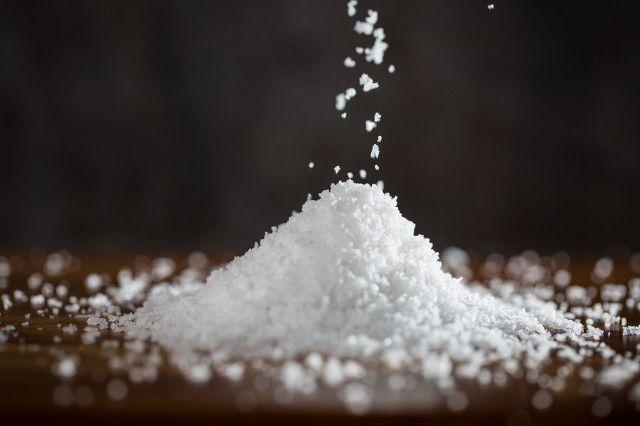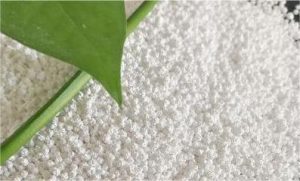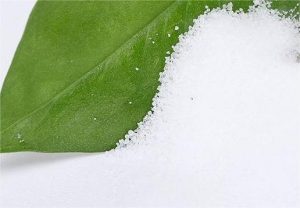Introduction:
Sodium is an essential mineral that plays a crucial role in maintaining various bodily functions. However, excessive sodium consumption can lead to health issues such as high blood pressure, heart disease, and stroke. To maintain a healthy lifestyle, it is important to understand how much sodium per day is recommended. In this comprehensive article, we will delve into the optimal sodium intake, the sources of sodium in our diet, the potential risks of excessive sodium consumption, and practical tips to reduce sodium intake.
Section 1: Understanding Sodium and Its Importance
Sodium is a mineral that helps regulate fluid balance, nerve function, and muscle contractions in our bodies. It is primarily obtained from dietary sources, with salt (sodium chloride) being the most common form. The recommended daily intake of sodium varies depending on factors such as age, sex, and overall health. The general guideline for adults is to consume no more than 2,300 milligrams (mg) of sodium per day, which is roughly equivalent to one teaspoon of salt.
Section 2: Sources of Sodium in Our Diet
Sodium is naturally present in many foods, but it is also added during food processing and preparation. Processed and packaged foods, such as canned soups, deli meats, and fast food, tend to be high in sodium. Additionally, condiments like soy sauce, ketchup, and salad dressings can significantly contribute to our daily sodium intake. It is important to read food labels carefully and choose low-sodium alternatives whenever possible.
Section 3: The Risks of Excessive Sodium Consumption
Consuming too much sodium can have detrimental effects on our health. One of the most significant risks is the development of high blood pressure, also known as hypertension. High blood pressure puts strain on the heart and blood vessels, increasing the risk of heart disease and stroke. Furthermore, excessive sodium intake can lead to fluid retention, causing bloating and swelling. Individuals with certain medical conditions, such as kidney disease or diabetes, may be more susceptible to the negative effects of high sodium intake.
Section 4: Practical Tips to Reduce Sodium Intake
Reducing sodium intake can be challenging, especially considering the prevalence of processed foods in our modern diet. However, making small changes can have a significant impact on our overall health. Here are some practical tips to help you reduce your sodium intake:
Cook at home: Preparing meals from scratch allows you to have better control over the amount of sodium in your food. Use fresh ingredients and experiment with herbs, spices, and other flavorings to enhance the taste without relying on excessive salt.
Read food labels: When shopping for groceries, carefully read the nutrition labels to identify high-sodium products. Choose low-sodium or sodium-free alternatives whenever possible.
Limit processed foods: Processed foods are often loaded with sodium. Opt for fresh fruits, vegetables, lean proteins, and whole grains instead.
Be mindful of condiments: Many condiments, such as soy sauce, barbecue sauce, and salad dressings, are high in sodium. Look for low-sodium versions or consider making your own healthier alternatives at home.
Gradually reduce salt usage: Our taste buds can adapt to lower sodium levels over time. Gradually reduce the amount of salt you use in cooking and at the table, allowing your palate to adjust.
Conclusion:
Maintaining a balanced sodium intake is crucial for overall health and well-being. By understanding the recommended daily sodium intake, identifying common sources of sodium in our diet, and implementing practical tips to reduce sodium consumption, we can take proactive steps towards a healthier lifestyle. Remember, small changes can make a big difference, and prioritizing our long-term health is always worth the effort.
Grande Biochem Limited is a modern enterprise specialized in the research, development and manufacture of health chemicals。Exporting all kinds of Food Ingredients with good quality and competitive price, like Sodium Chloride , Sodium Saccharin, Dextrose and so on.


